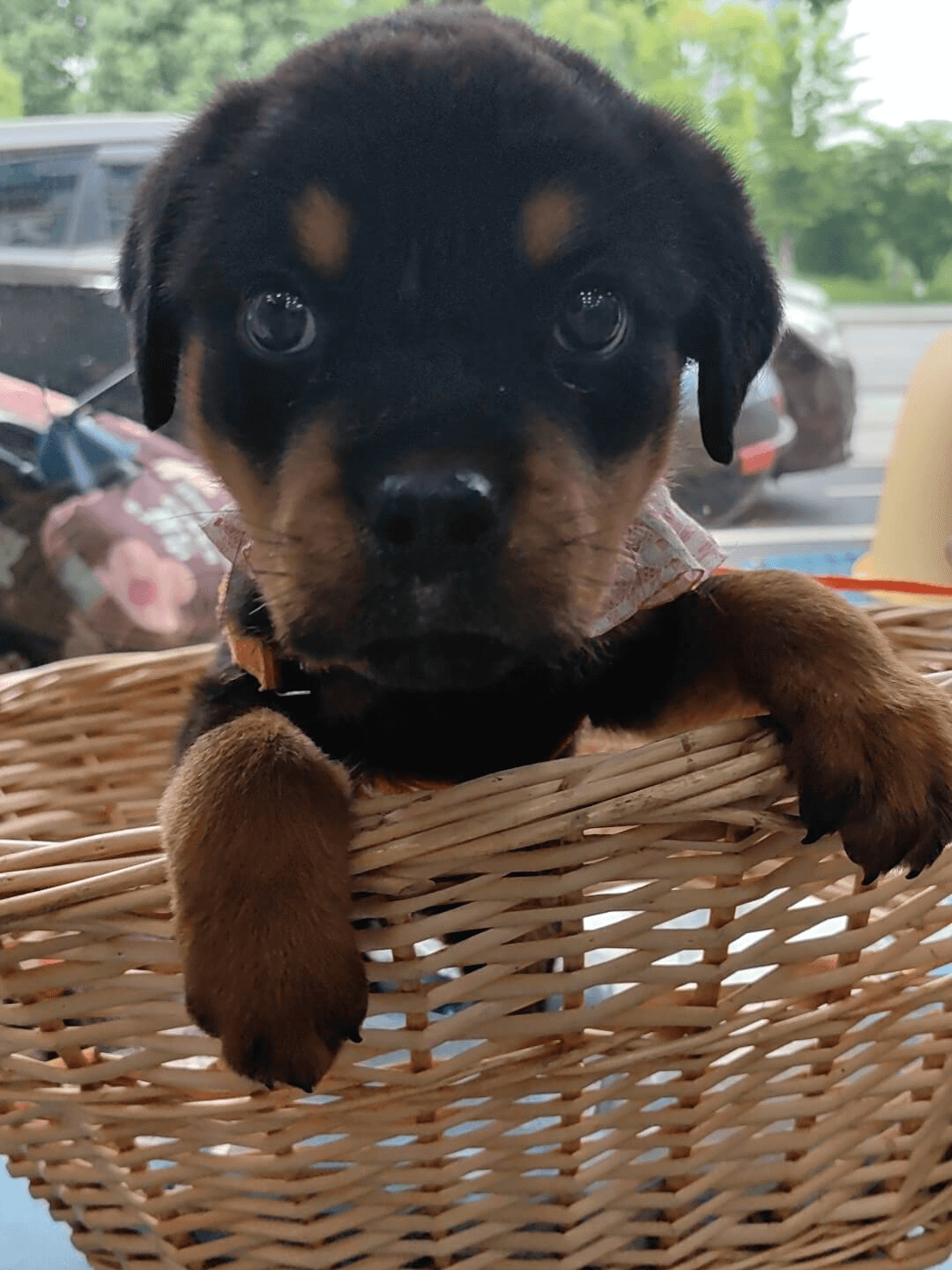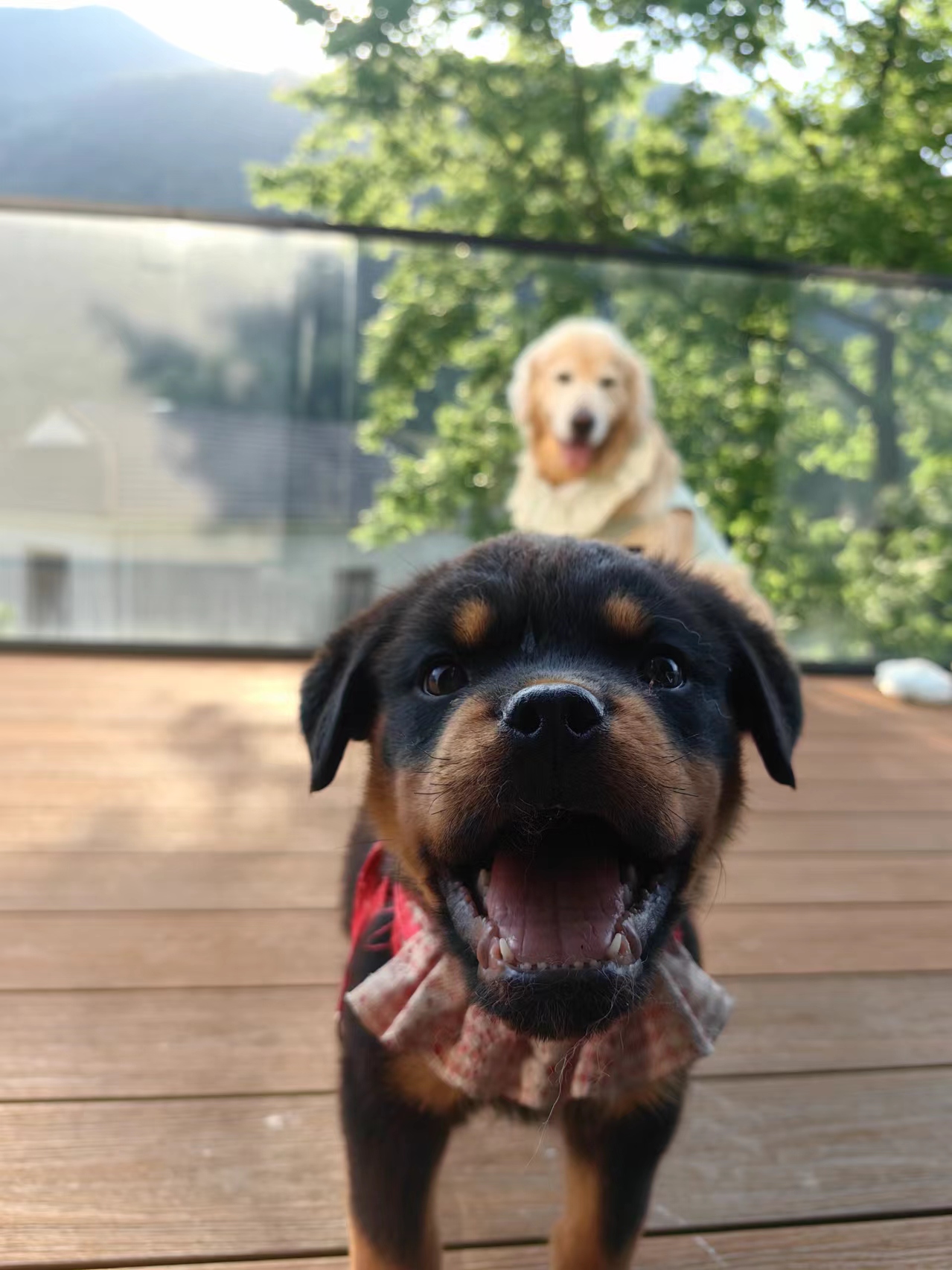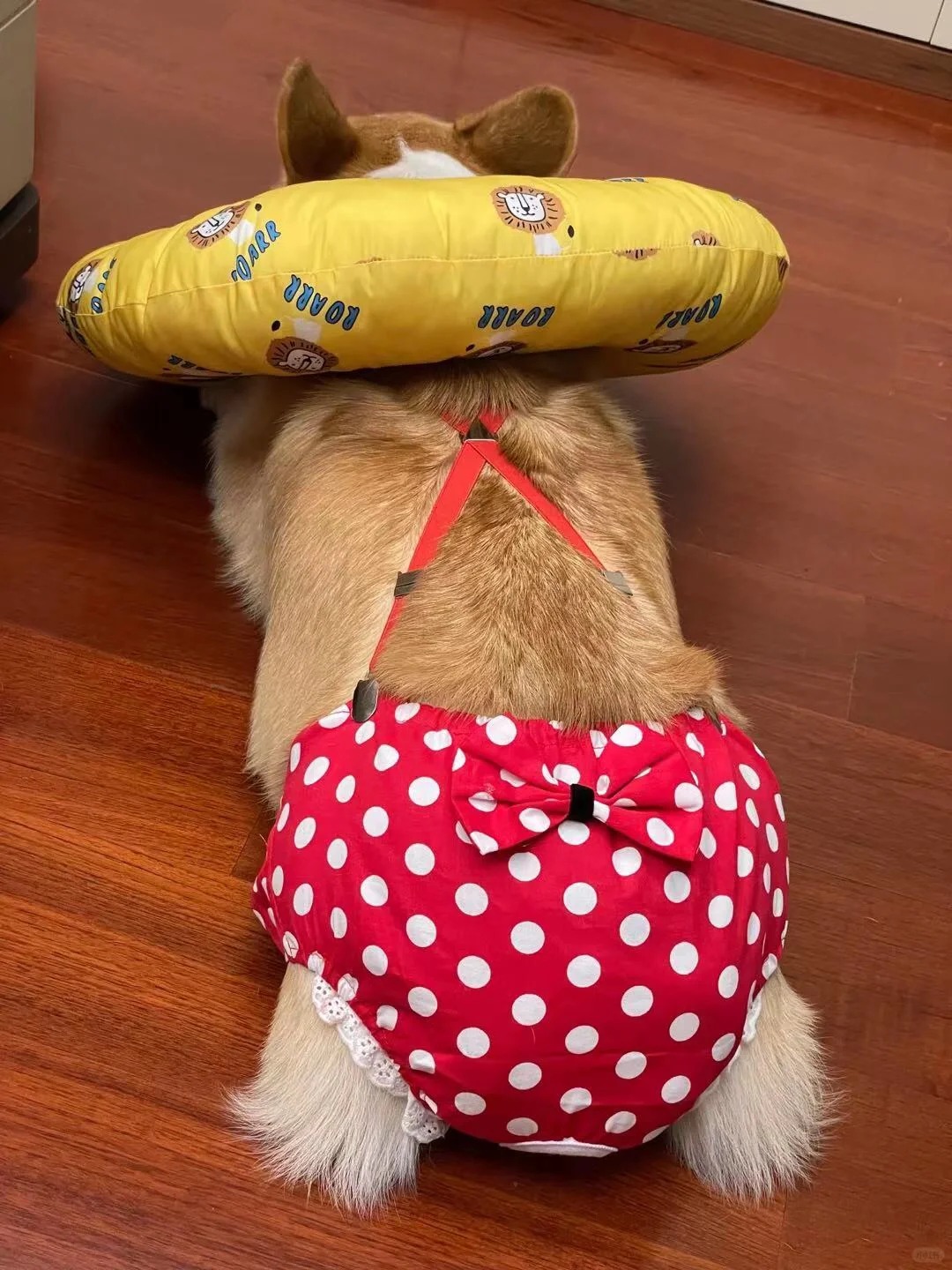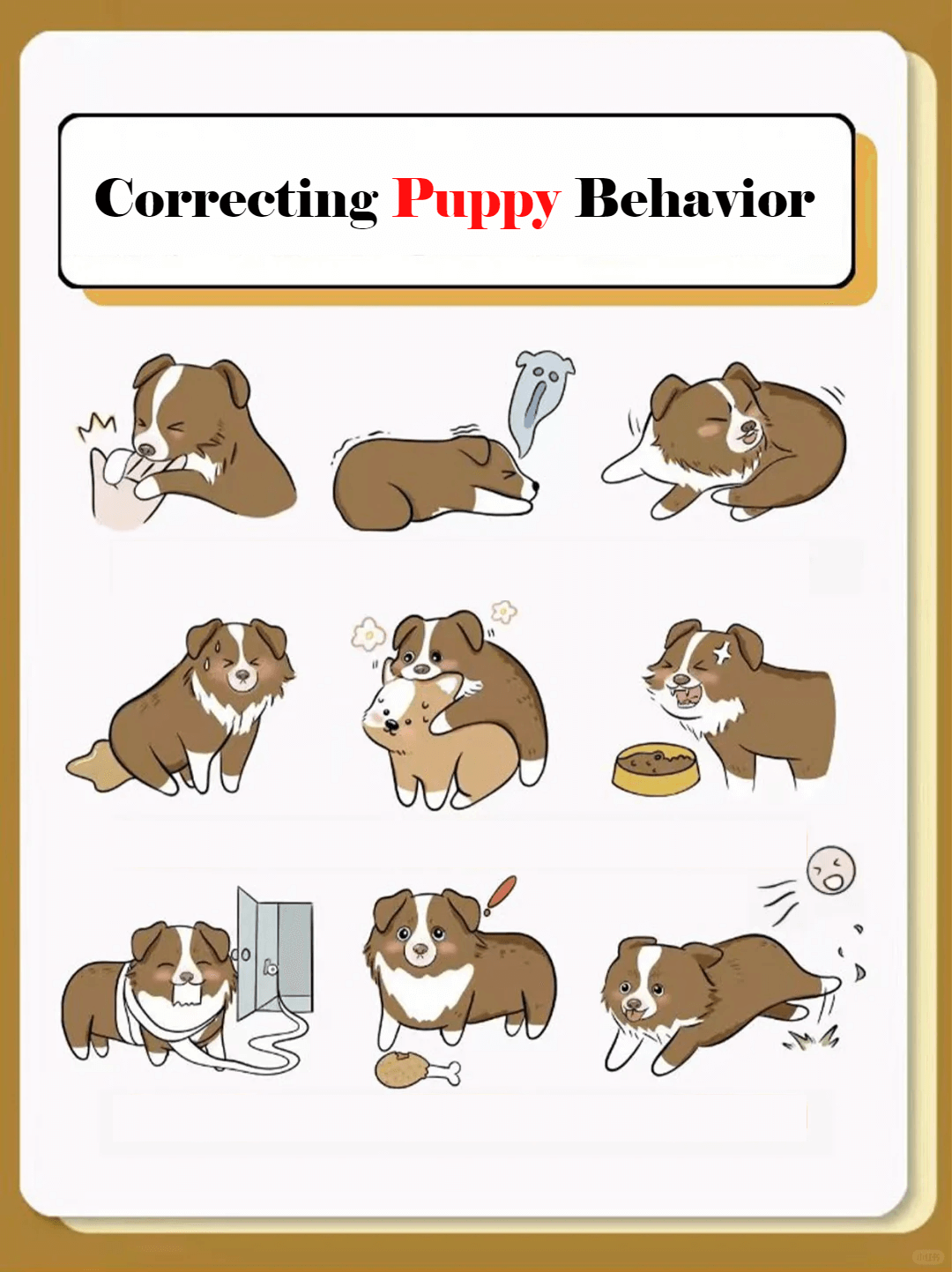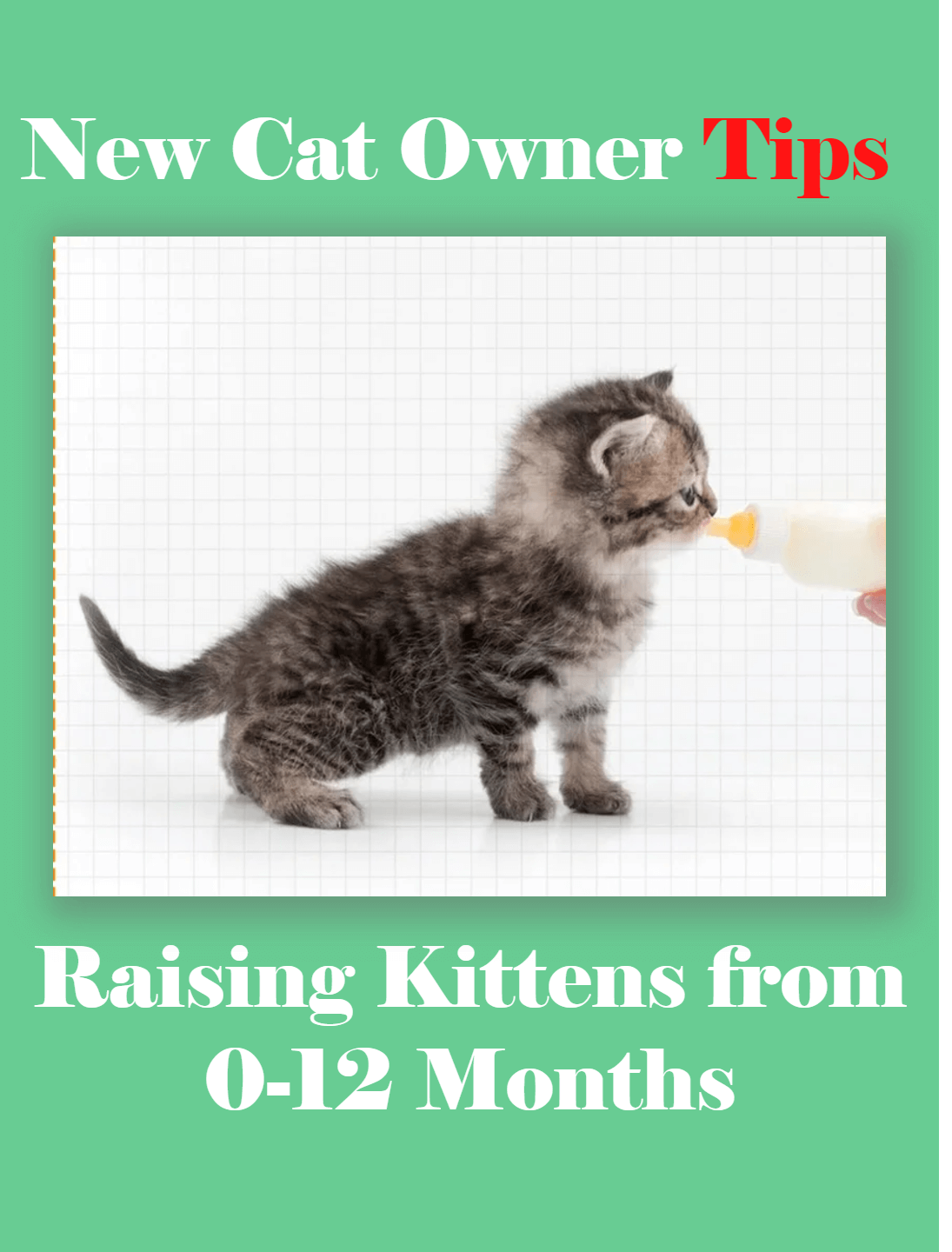Many new dog parents are unsure how to care for their pups at different stages. I've summarized my previous experience to create a quick guide for everyone 💕
## 1️⃣ Month
**✅ Essentials:** Goat milk powder, feeding bottle, dog bed
**⚠️ Notes:**
- Usually sleeps a lot next to its mother
- Keep the puppy warm and avoid going outside
- Feed with breast milk or goat milk powder
## 2️⃣ Months
**✅ Essentials:** Dog bowl, Pfizer vaccine, deworming
**⚠️ Notes:**
- Feed softened puppy food mixed with warm goat milk powder
- Feed 3-4 times a day, small and frequent meals
- Deworm within 4 weeks, start vaccination at 7 weeks
- ❌ Do not bathe or take the puppy outside before completing vaccinations
## 3️⃣ Months
**✅ Essentials:** Puppy food, probiotics, freeze-dried treats
- Transition to dry food, no need to soften
- Start training and socialization
- Keep probiotics at home to prevent loose stools
## 4️⃣ Months
**✅ Essentials:** Brush, leash, fish oil
- After vaccinations, the puppy can go outside and bathe
- Regular brushing during shedding period, supplement with fish oil
- Avoid unnecessary calcium supplements; choosing good food is more important
## 5️⃣ Months
**✅ Essentials:** Toothpaste and toothbrush, dog crate, chew toys
- Teething period, prepare chew snacks
- Crate training is recommended to prevent home destruction
- During the development stage, consider canned food and meat
- Start dental care with brushing
## 6️⃣ Months
- Increased appetite, feed accordingly
- Do not feed human food, especially salty food
- Spend more time playing with your dog to strengthen your bond
## 7️⃣ Months
- Entering heat period; females will have their period, prepare dog diapers in advance, lasts about two weeks
- Keep doors and windows closed, always use a leash when outside to prevent the dog from running off
- Males may mark territory and show irritability
## 8️⃣ Months
- Ensure adequate water intake to prevent urinary issues
- Control diet, encourage exercise to maintain weight
- During summer, carry a water bottle to prevent heatstroke
- Dry fur thoroughly after bathing, do not shave the dog! Bathing frequency should be about once every two weeks
## 9️⃣-1️⃣2️⃣ Months
- Approaching adulthood, growth mostly complete
**✅ Feeding**
It's important to choose a good dog food that fits within your means‼️ Pay attention to the ingredient list; high meat content and grain-free options are preferable
**✅ Deworming & Vaccination**
Before bringing the dog home, check with the breeder about the number and type of vaccines given and get the vaccination record
(If there is no record, the vaccines likely weren't given, so you'll need to start fresh at home), and check if deworming has been done!
**✅ Potty Training**
When the puppy first arrives home, it will likely pee and poop everywhere. Be patient and guide them. The tutorial is in the attached picture!
#NewDogParent [Topic] #MyPetIsSoCute [Topic] #Corgi [Topic] #Puppy [Topic] #HowToPottyTrain [Topic]
